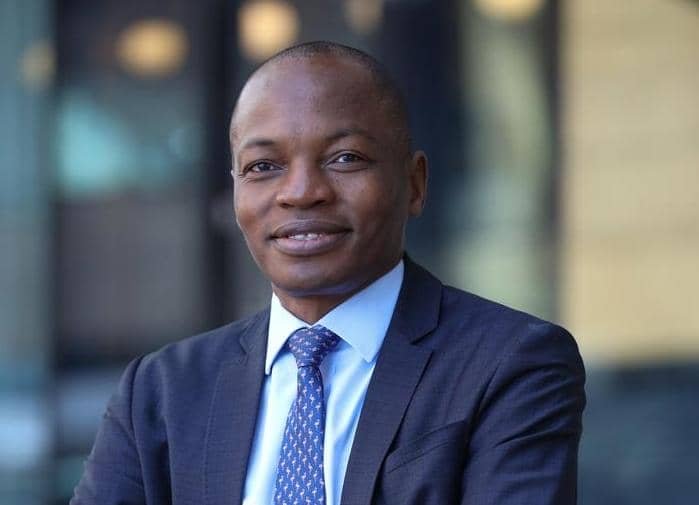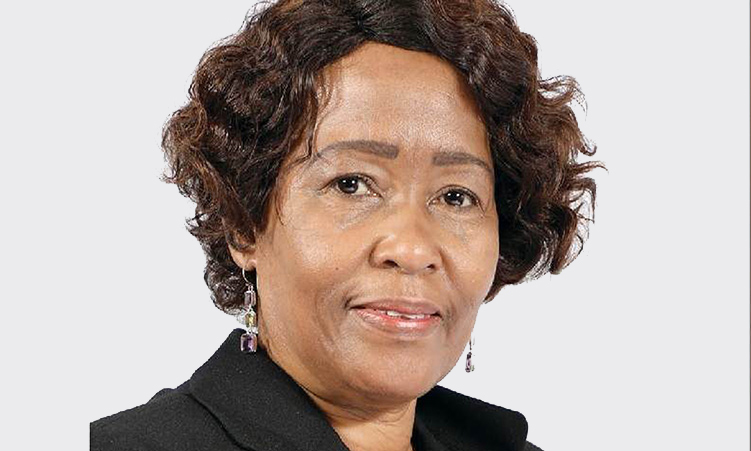THE case against child rape and murder suspect Lesley Kukame collapsed in the High Court in Windhoek yesterday.
Former security guard Kukame (29) is a free man – more than four years and two months after he was arrested on charges that he abducted, raped and murdered a three-and-a-half-year-old child in Katutura between February 7 and 10 2005.With the last remaining incriminating evidence against him ruled inadmissible in his trial yesterday, his acquittal was inevitable.Kukame was arrested and charged after the body of the girl – identified only as ‘M’ because of a court order that her identity may not be revealed by the media – was found in a room next to the disused Katutura Cinema Hall, where Kukame had been stationed as a security guard, on February 10 2005.His trial started before Judge Kato van Niekerk on September 24 2007 with Kukame pleading not guilty to charges of murder, rape and abduction, alternatively kidnapping.The trial ended yesterday afternoon with Judge Van Niekerk telling Kukame, who was represented by defence lawyer Ivo dos Santos, that he was discharged on all three counts.She did this after State advocate Dominic Lisulo had to concede, following two rulings in which confessions made by Kukame were found to be inadmissible as evidence, that the prosecution had not been able to prove the charges against Kukame.The final and fatal blow to the prosecution’s case came in a ruling that Judge Van Niekerk delivered yesterday afternoon. In the ruling, she revisited an earlier ruling in which she had found that a confession that Kukame wrote in his own hand on February 11 2005, after he had been questioned and put through a lie detector test by former Police detective Nelius Becker, could be used as evidence in the trial.In the same ruling, Judge Van Niekerk however found that a second confession that Kukame made to a Police officer after the one he had written himself would not be admissible as evidence against him. The reason for that was that Kukame’s right to legal representation was not respected when that second self-incriminating statement was taken from him.Only after Judge Van Niekerk had judged Kukame’s handwritten confession to be admissible as evidence did a full transcript of a video recording of Becker’s questioning session with Kukame before that statement was written become available.The transcription showed how Becker had repeatedly encouraged Kukame to tell the truth and come clean over his role in the death of ‘M’, and disputed Kukame’s attempts to deny any responsibility for the alleged rape and killing of the girl.Judge Van Niekerk commented yesterday: ‘Becker subjected the accused to a prolonged torrent of attempts to persuade him to tell the truth, by which he clearly meant that accused should admit liability. The methods of persuasion ranged in intensity and nature, but included cajoling, begging, manipulating, counselling, misleading, promising favourable treatment for the truth and unfavourable for lying.’She said Becker had clearly made false promises to Kukame that nothing would happen to him if only he told the truth.At another stage of the questioning session, Becker again told Kukame that he could not promise him that nothing would happen to him, but still encouraged him to tell the truth.The transcript clearly showed that Becker had made repeated promises to Kukame, the Judge said.She stated that she could come to only one conclusion, which was that Kukame’s will had been improperly swayed by Becker to get him to make a confession.After Kukame had finished writing the statement, he also gave some self-incriminating answers during a questioning session before a Police detective. One of the answers was that he knew exactly what happened, and that he was feeling guilty.That questioning session took place shortly after Becker had finished with him. She could not overlook the reasonable possibility that when Kukame gave those incriminating answers, he did it still under the influence of Becker’s prior urging that he should co-operate, Judge Van Niekerk said as she concluded that those answers, too, could not be used as evidence against him.’Justice prevailed,’ Kukame told The Namibian after his acquittal. ‘I am glad that justice triumphed. I always believed in my innocence, that it would be proven.’He said he had confessed his guilt – falsely, he claimed – because he had been forced to do so. ‘If you are forced and beaten to say something that you did not do, in the circumstances I was, there was no way to do anything else.’werner@namibian.com.na
Stay informed with The Namibian – your source for credible journalism. Get in-depth reporting and opinions for
only N$85 a month. Invest in journalism, invest in democracy –
Subscribe Now!










